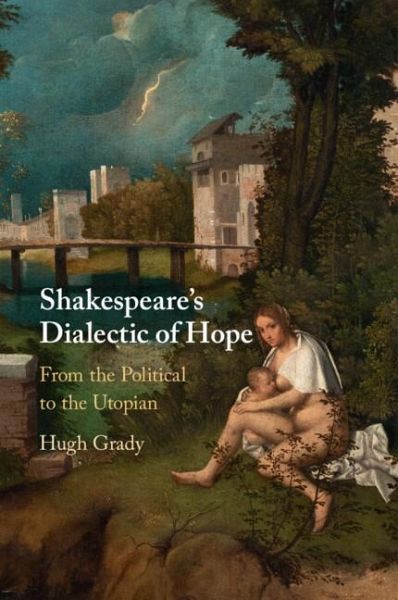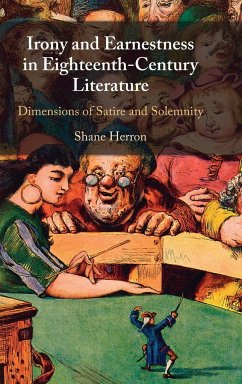
Shakespeare's Dialectic of Hope
Versandkostenfrei!
Versandfertig in 1-2 Wochen
30,99 €
inkl. MwSt.
Weitere Ausgaben:

PAYBACK Punkte
15 °P sammeln!
This study charts how Shakespeare's early fascination with power developed into the profoundly optimistic utopian visions suffusing his later tragicomedies. Hugh Grady shows how five of Shakespeare's most important plays presciently confront dilemmas of an emerging modernity, diagnosing and indicting instrumental politics and capitalism.














